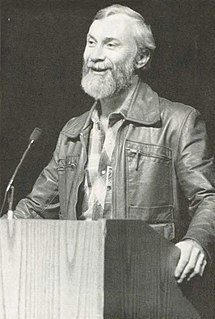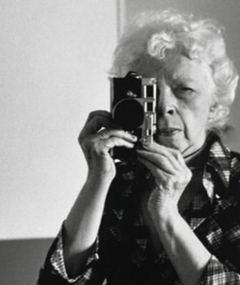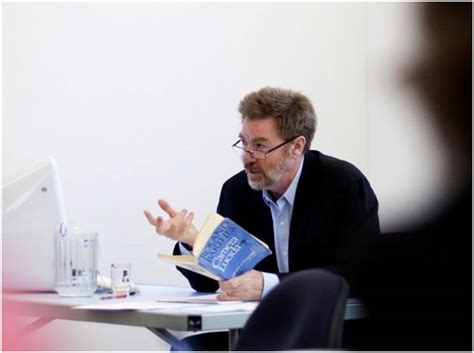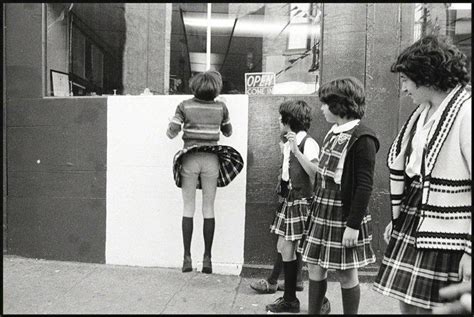A Quote by Trevor Paglen
Perhaps 'photography' has become so all-pervasive that it no longer makes sense to think about it as a discreet practice or field of inquiry. In other words, perhaps 'photography,' as a meaningful cultural trope, is over.
Related Quotes
There are many reasons why photography does not attract the social and cultural attention it deserves. I would add one more which has received scant attention: it does not make a lot of noise. ... Perhaps photography would be more appreciated if camera shutters fired with the sound of a .357 Magnum.
I don't think it's necessary to put your feelings about photography in words. I've read things that photographers have written for exhibitions and so forth about their subjective feelings about photography and mostly I think it's disturbing. I think they're fooling themselves very often. They're just talking, they're not saying anything.
The main difference seems to be that, whereas photography still claims some sort of objectivity, digital imaging is an overtly fictional process. As a practice that is known to be capable of nothing but fabrication, digitization abandons even the rhetoric of truth that has been such an important part of photography's cultural success.
Photography is to the layman perhaps the most enticing art. As a buff and a follower, at a respectful distance, I find myself like others, having the heart of a Steiglitz with hands that sometimes seem impeded by boxing gloves. What is exasperating is that one can feel closer to managing the skills of photography than most other arts, and yet be a long hop, skip and delusional way from it.
Anthropology... has always been highly dependent upon photography... As the use of still photography - and moving pictures - has become increasingly essential as a part of anthropological methods, the need for photographers with a disciplined knowledge of anthropology and for anthropologists with training in photography has increased. We expect that in the near future sophisticated training in photography will be a requirement for all anthropologists. (1962)
I collect art on a very modest scale. Most of what I have is photography because I just love it and it makes me happy and it looks good in my home. I also have a pretty big collection of art books mainly, again, on photography. A lot of photography monographs, which is great because with photography, the art itself can be reproduced quite well in book form.
The first half of the 20th century belongs to Picasso, and the second half is about photography. They said digital would kill photography because everyone can do it, but they said that about the box brownie in 1885 when it came out. It makes photography interesting because everyone thinks they can take a picture.







































